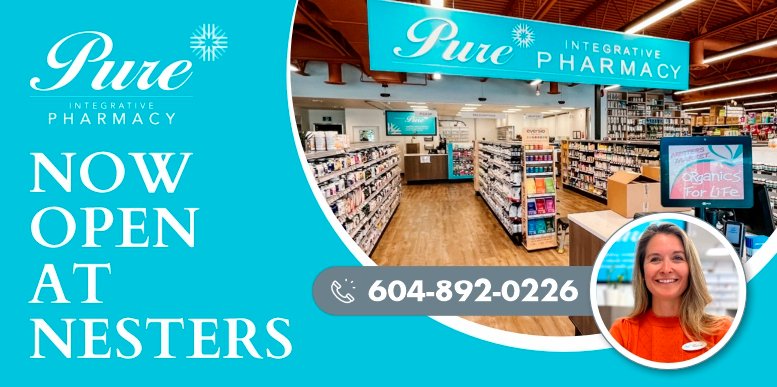By Annie Ellison
Published: Dec 7, 2013
Isabel Jordan is a full time mom – but her job description is vastly different from almost any other stay-at-home parent.
Her twelve-year-old son has a rare genetic disease that’s still undiagnosed by doctors. He suffers from mysterious back pains and headaches and sees a team of almost a dozen specialists.
Jordan and her husband felt like they were plowing through the world of geneticists, therapists, surgeons and health providers alone when their son developed a tumor alone.
“I barely kept it together. We were fortunate enough to take time off work, but I don’t know how other families cope,” Jordan said.
It was then she threw herself into the Rare Disease Foundation.
“The next thing I know, I’m the chair and my husband is the treasurer,” she said. 
No one had ever tried a cross-disease network before. The Parent 2 Parent Resource Network was formed in 2008 to give parents of children with rare diseases a forum to share resources and support, in order to better navigate things like health care and school systems.
The Squamish chapter was started by Coreena Moukas this April. Primarily, it’s a grass-roots network to help parents take on the underfunded matrix of rare diseases together.
For example, one family couldn’t get travel insurance for a trip out of the country because of their child’s rare condition. Through shared stories and work-arounds, the family was able to find a provider and a loophole and get coverage.
“I’ve never felt such an instant connection in my life, even though our kids have different diseases,” she said.
“The goal is that the things he’s gone through and continues to go through will have meaning.”
Jordan says too many kids fall through the cracks because there is nowhere for them to go, or the parents don’t know where to take them.
“When you look at it as a healthcare crisis, a lot of people are underserved,” she said.
“The only way to help is through research.”
A rare disease is quantified as something affecting less than one in 2,000 people. But, one in 12 people have a rare disease.
Jordan wants to work toward a more care-based system, where family, clinicians and researchers work together in a more patient-centred way.
The group meets on the third Wednesday of most months during the school year at 7 p.m. at the Hotspot (38027 Cleveland Avenue) in downtown Squamish.
Meetings with guest speakers are broadcast on the web for parents who can’t attend. Visit rarediseasefoundation.org for more information.



